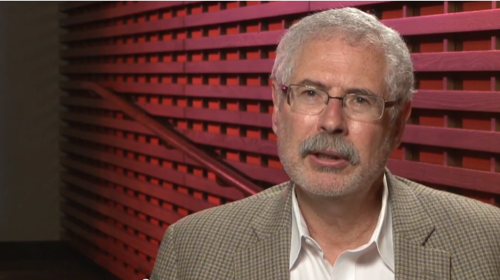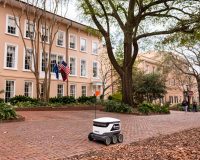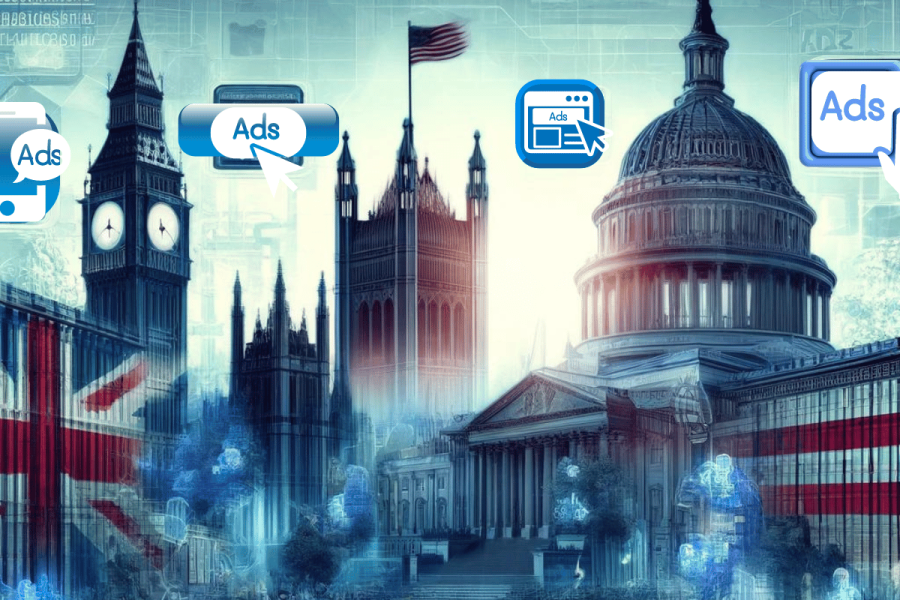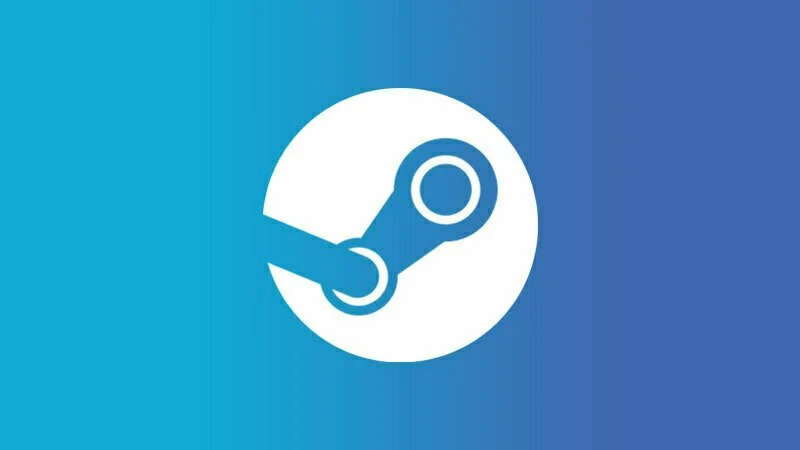
The lean startup – as envisioned and explained by Steve Blank, serial entrepreneur, associate professor at Stanford University and ReadWrite contributor – is no longer just for startups. “Companies are facing continuous disruption. Business-as-usual is not a credible response,” Blank writes in the cover story of the May issue of the Harvard Business Review: Why the Lean Startup Changes Everything
This is a big deal. For years, HBR and most of the country’s leading business schools taught entrepreneurship as if the strategies, processes and techniques were some sort of amputated versions of the business models embraced by “real companies.” This no longer the case – the lean startup concept is being embraced by companies large and small, and is now taught at business schools globally.
Keep Failing Fast Til You Succeed
The principles of the lean startup – failing fast and continually iterating and learning – certainly pose a challenge to traditional processes at corporate behemoths – but Blank argues that adopting the lean startup model is now “essential for the survival of business.”
As Blank writes in HBR, “It’s already becoming clear that lean start-up practices are not just for young tech ventures.” Those tools now embraced by startups searching for new business models “also happen to have arrived just in time to help existing companies deal with the forces of continual disruption. In the 21st century those forces will make people in every kind of organization — start-ups, small businesses, corporations, and government — feel the pressure of rapid change.”
“The pattern is the same,” Blank added in an interview, only “the scale is different.”
“The world has changed. The rules that worked in the 1990s no longer work. It’s now a world of disruption.” Big businesses, Blank said, became so “focused on execution, they forgot how to innovate.”
The Evolution Of The Lean Startup
The lean startup model is not new. Blank first started piecing together the concept in 2000 and created The Four Steps to the Epiphany in 2003. (The book was published in 2005.) The Startup Owner’s Manual was published in 2012.Blank’s revelation — that large companies execute while startups “search” — was the key to articulating the difference between big and small businesses. Blank recalls realizing there were “plenty of tools for execution, but no tools for search.” Ideally startups would be searching for answers, seeking the repeatable business model, finding out what’s salable.
A few years later Blank was teaching agile engineering, which is the idea that “instead of building a product in one lump sum, people build it in increments.” One of his students, Eric Ries, later wrote a book about the concept and named it The Lean Startup. The final piece was to create a framework “to keep score.”
The Evolution Of Business
In his HBR article, Blank predicts applying the lean start-up approach will help existing businesses “innovate rapidly and transform business as we know it.” Lean startup, he writes, is “a new strategy for the 21st-century corporation.”
In our interview, he added the lean startup is now about “continuous innovation inside existing companies.” It’s all part of the evolution of business, Blank explained: “Never underestimate [the impact] of stepping out of the box. Think different. Ask, ‘Why is this different?’ ”
The (Limited) Role Of Big Data
Like almost everyone else these days, Blank had something to say about the important of Big Data: “It’s not just about collecting the data, it’s about having insight into the data you collect, about making connections from the data.”
But Big Data analysis doesn’t spell the end of the time-honored business precept of going with your gut, Blank said. Rather he believes using the data to make better decisions is what makes a company “explosive.”
Adding Big Data insights to business vision is the key: “Entrepreneurship will never be formulaic. Entrepreneurs see things other people don’t. They’re artists.” For example, he concluded, “Steve Jobs represented the best intersection of art and science.”
Risk = Not Getting Your Hands Dirty
In the end, Blank believes companies get into trouble when they “fail to understand what customers want.” It’s easier to avoid failure if you “build a customer-centric business,” Blank said. “You need to get your hands dirty,” he said.
Thats why Blank warned companies to stop chasing “the romance” — the way you think things are, and start pursuing “the realities” — the way things actually are.
Steve Blank image from a 2012 Stanford Business School Interview on YouTube.










